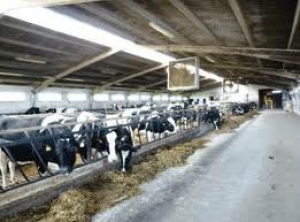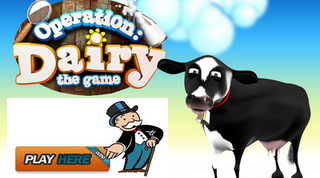Dairy farming

Drought in the US and poor weather conditions in Europe have reduced the grain harvest potential, leading to an increase in grain and animal feed prices internationally. Irish livestock farmers will have to pay higher prices for animal feed and high summer rainfall levels mean that the volume of feed used on dairy and beef farms will increase.
Higher grain prices should be good news for Irish cereal farmers, but the adverse weather conditions this summer means that crop disease is expected to reduce cereal yields. The fall in Irish cereal production is likely to offset most of the grain price increase on cereal farms, leaving incomes on cereal farms more or less unchanged on last year’s level.
Dairy farmers are being hit from both sides at present as they face higher input costs and lower sales prices for their output. Milk prices are likely to be 15 per cent lower in 2012 than they were last year due to increases in production in some of the world’s key dairy exporting nations. Coupled with rising production costs, this means dairy farmers are likely to see their incomes falling by up to 30 per cent this year.
The Teagasc economists note that Irish cattle and sheep farmers will fare better in 2012 than they did last year. Beef prices are expected to be 15% higher in 2012 relative to the previous year due to a continued fall in the supply of beef in the EU. In addition, the weaker euro is aiding the competitiveness of Irish beef exports to the UK. Overall, despite the rise in feed expenditure, incomes should increase on Irish beef farms this year. Sheep prices this year are expected to remain relatively strong and profit margins should be on a par with 2011.
The outlook for pigmeat prices remains positive for the remainder of 2012. More stringent animal welfare legislation has led to a contraction of supply from Northern Europe and growing global demand from Asian markets, in particular, is pushing up pigmeat prices. However, increasing feed prices will offset the rise in pig prices and profitability in Irish pig farming will remain low in 2012.























